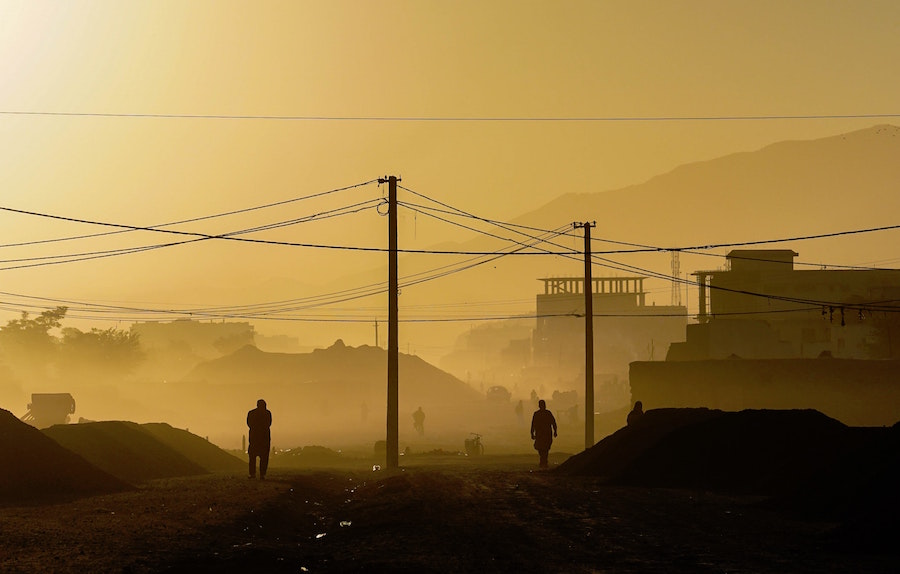Interpreters, Human Rights Activists, & Journalists Among Refugees Being Resettled in Canada
News about the Taliban takeover in Afghanistan has sent shockwaves around the world. Canada is stepping in and promises to accept 20,000 additional refugees fleeing Afghanistan.
Canada announced its official resettlement plan in a recent news conference held by Immigration Minister Marco Mendicino.
“Those refugees face an uncertain and volatile future in neighbouring countries, and Canada is here to help them as well,” said Mendicino.
“In an initial effort to alleviate the emerging humanitarian crisis in the region, Canada will build on our earlier special immigration program to welcome over 20,000 vulnerable Afghan refugees in total.”
The resettled refugees will include:
- Human rights activists
- Journalists
- Female leaders
- Persecuted minorities
- Members of the LGBT community
- Family members of former interpreters who have already fled to Canada
The resettlement will be facilitated by the United Nations along with family and private sponsorship programs.
The announcement came shortly after thousands of Afghanistan natives began fleeing the country, as the Taliban began rapidly capturing several regions, sparking concerns in the international community over fears of future violence, reprisals, and human rights abuses.
Only a few weeks ago, Canada also vowed to expedite the resettlement process for thousands of former Afghan interpreters, and their families, that had assisted Canadian officials in Afghanistan.
“The defence team remains ready to support the whole-of-government effort to get these Afghan nationals out of harm’s way,” said Defence Minister Harjit Sajjan.
“The Canadian Armed Forces will provide additional flights as required, and DND will continue to support the vetting process and advise on contingency plans for a range of scenarios as our government monitors the evolving security situation in Afghanistan.”
Since the announcement, four flights carrying Afghan refugees have arrived in Toronto.
The federal government has not yet confirmed the exact number of refugees and interpreters that have been accepted so far. However, Minister Mendicino stated that immigration officials are currently processing hundreds of applications for former interpreters, cultural advisers, drivers, and cleaners, along with others who provided Canada assistance.
Lastly, Canada is also working with Afghan officials to overcome a rule that requires anyone leaving Afghanistan to have a valid passport, as this has been a significant obstacle for many interpreters attempting to flee the country with their families.
Share this article
Arghavan Gerami
Arghavan Gerami is the Founder and Senior Counsel at Gerami Law Professional Corporation ('PC'), a full-service immigration law firm in Ottawa, Ontario. Since 2011, Ms. Gerami has focused her practice on immigration and refugee litigation. Prior to that, Ms. Gerami worked at the Ministry of Attorney General and the Department of Justice and had the privilege of serving the Honourable Mr. Justice M. Evans at the Federal Court of Appeal on immigration and administrative law appeals. Ms. Gerami contributes to the Immigration Law Section of the Canadian Bar Association, the Canadian Association of Refugee Lawyers, and the United Nations High Commissioner for Refugees. Ms. Gerami has also published numerous journal articles and presented at various immigration and refugee law conferences and events across Canada.

